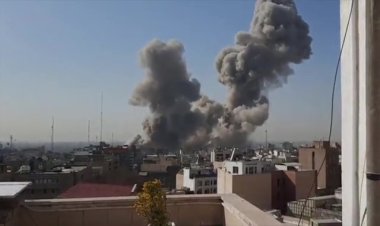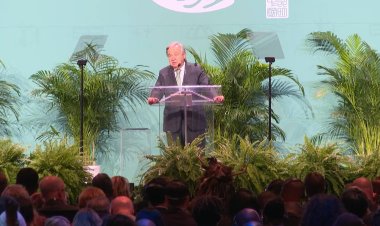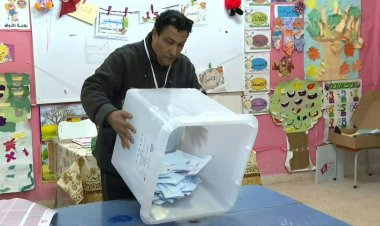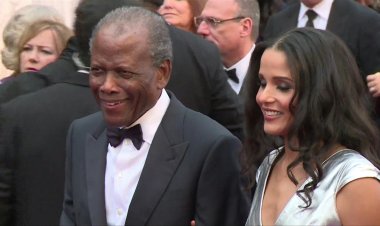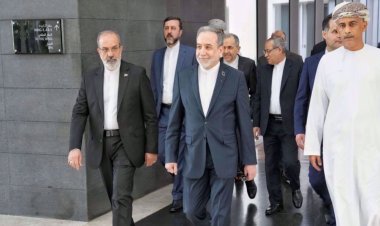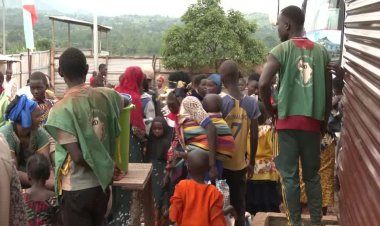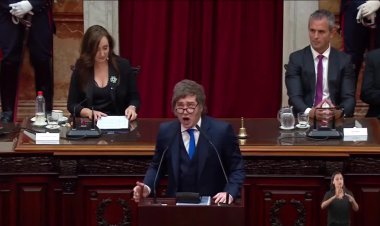Trump, Bukele discuss security and prisons

U.S. President Donald Trump welcomed El Salvador's President Nayib Bukele to the White House, marking the first visit by a Latin American leader during Trump's second term. Their discussions centered on several controversial topics that have significant implications for both countries.
A major focus of the meeting was the case of Kilmar Abrego García, a Maryland resident who was mistakenly deported to El Salvador and subsequently detained in the country's Terrorism Confinement Center (CECOT). Despite a U.S. Supreme Court order mandating García's return to the United States, President Bukele declined to release him, claiming he lacked the legal authority to do so.
In a move that has raised serious legal and human rights concerns, President Trump proposed expanding the use of El Salvador's CECOT facility by sending American citizens convicted of violent crimes to be incarcerated there. This suggestion has prompted immediate pushback from human rights organizations, who warn it could violate constitutional protections.
Immigration and security cooperation formed another key component of their discussions. Both leaders expressed commitment to strengthening bilateral efforts to combat illegal immigration and transnational gangs, with Bukele aligning with Trump's stance on implementing stringent security measures.
The meeting also addressed trade policies, with Trump announcing new tariffs on the pharmaceutical industry aimed at encouraging domestic production. He clarified that recent tariff adjustments on electronics were part of a broader policy realignment rather than targeted measures.
The collaboration between the two leaders signals a deepening alliance that could significantly influence regional dynamics.
As the Trump administration continues to pursue aggressive immigration and security policies, this meeting with El Salvador's government represents a noteworthy development in U.S.-Latin American relations with potentially far-reaching consequences for international policy and human rights standards.




